Rabbit farming is a booming industry in South Africa, and for a good reason. These small creatures are highly versatile, easy to care for, and provide a steady income stream. In addition, there is a growing demand for meat in South Africa as the country becomes increasingly wealthier.
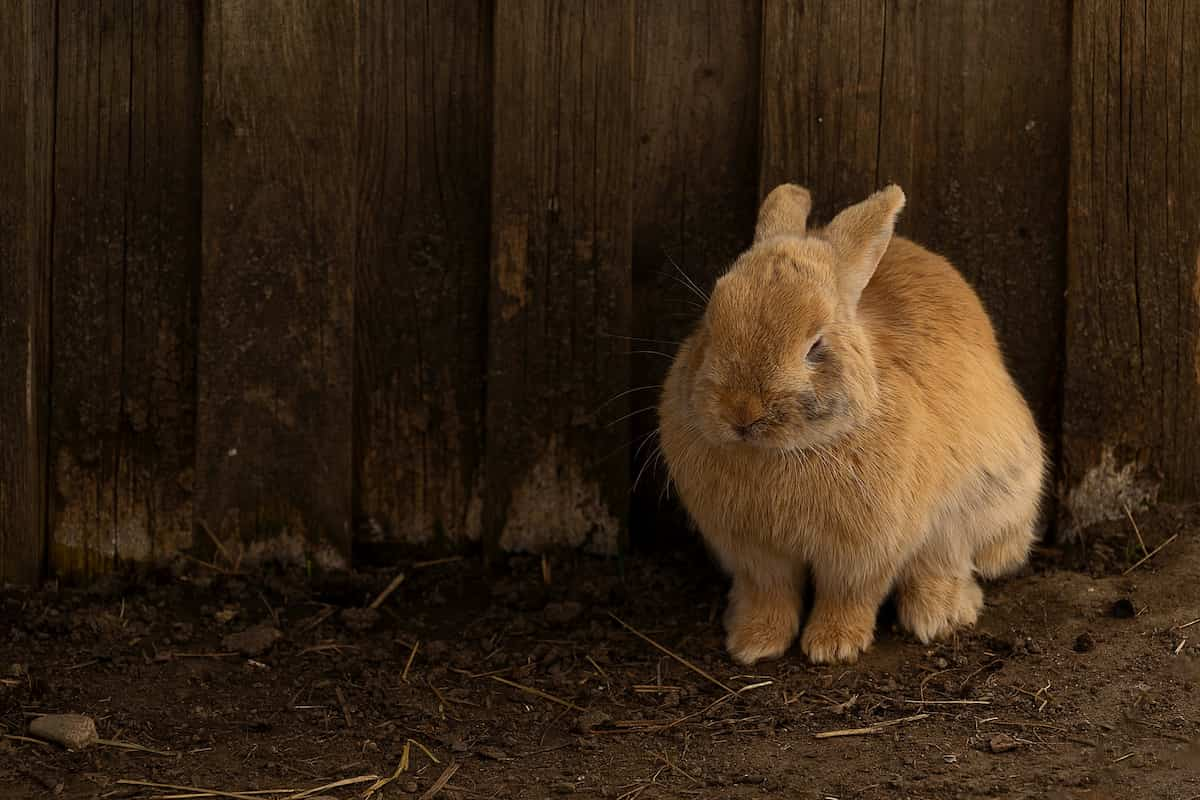
How to start rabbit farming in South Africa
Is rabbit farming profitable in South Africa?
To start a rabbit farming business in South Africa, you’ll want to know the industry’s profitability. According to the Livestock Report, the average return on investment for rabbit production in South Africa is around 12%. However, several factors, including price and market conditions, can affect this figure.
Therefore, if you’re planning to operate a small-scale rabbit farm, it’s likely that your return on investment will be lower than if you engage in commercial production. South Africa is one of the continents with the highest rabbit population. The country has a rich agricultural history, and rabbit farming is one of the most promising new industries.
Rabbit farming business plan in South Africa
Rabbits are versatile and productive farming animals that can be raised in many climates and soil types. In South Africa, rabbits are the most popular small livestock species. They are easy to care for and provide high meat and fur yields.
- To start a rabbit farming business in South Africa, you must get a government license.
- Research the market for rabbits in South Africa and identify areas with potential demand.
- Develop a business plan to meet the needs of potential customers in your desired market area.
- You will need to purchase feed and bedding for your animals. You will also need to buy cages, hutches, and other hardware to run your farm.
- Identify factors to help you successfully manage and run your rabbit farming business.
- Create a marketing strategy to attract new customers to your farm and keep those who are already customers happy.
- Set up systems and procedures to ensure a healthy, profitable rabbit farm operation.
- Finally, you will need to find an area to raise your rabbits and hire employees to help you care for them.
Why is rabbit farming becoming increasingly popular?
There are several reasons why rabbit farming is becoming increasingly popular in South Africa. The first reason is that rabbits are easy to care for and produce high-quality meat and fur. Second, rabbits are resistant to many diseases and can live relatively long lives. Third, rabbit farming is environmentally friendly since they require little space and produce little waste. Finally, the price of rabbit meat has been increasing recently, making it an attractive option for farmers.
Key rules to start rabbit farming in South Africa
Starting rabbit farming in South Africa can be a rewarding experience, but there are a few key rules to follow;
Choose the right location:
Rabbit farming best suits temperate climates with plenty of room to run. South Africa is a good place to start, as it has mild winters and summers.
Get the right equipment:
You’ll need an indoor hut for the rabbits and some fencing to keep them in. Make sure the hut is large enough for the number of rabbits you plan to keep, as they will get very friendly. A hay rack or storage container will also be useful.
Get started early:
Rabbits require plenty of exercise, so starting their breeding program early will help ensure they have enough space to run and play.
Monitor your rabbits closely:
Rabbits are creatures of habit, so it’s important to watch them carefully and make adjustments as needed. Feed them a healthy diet full of fiber and fresh vegetables, rotate their food supplies regularly, and clean their hut regularly, so they have a comfortable home.
In case you missed it: How to Start Organic Farming in South Africa: Key Rules, Certification, Business Plan, Crops, and Management
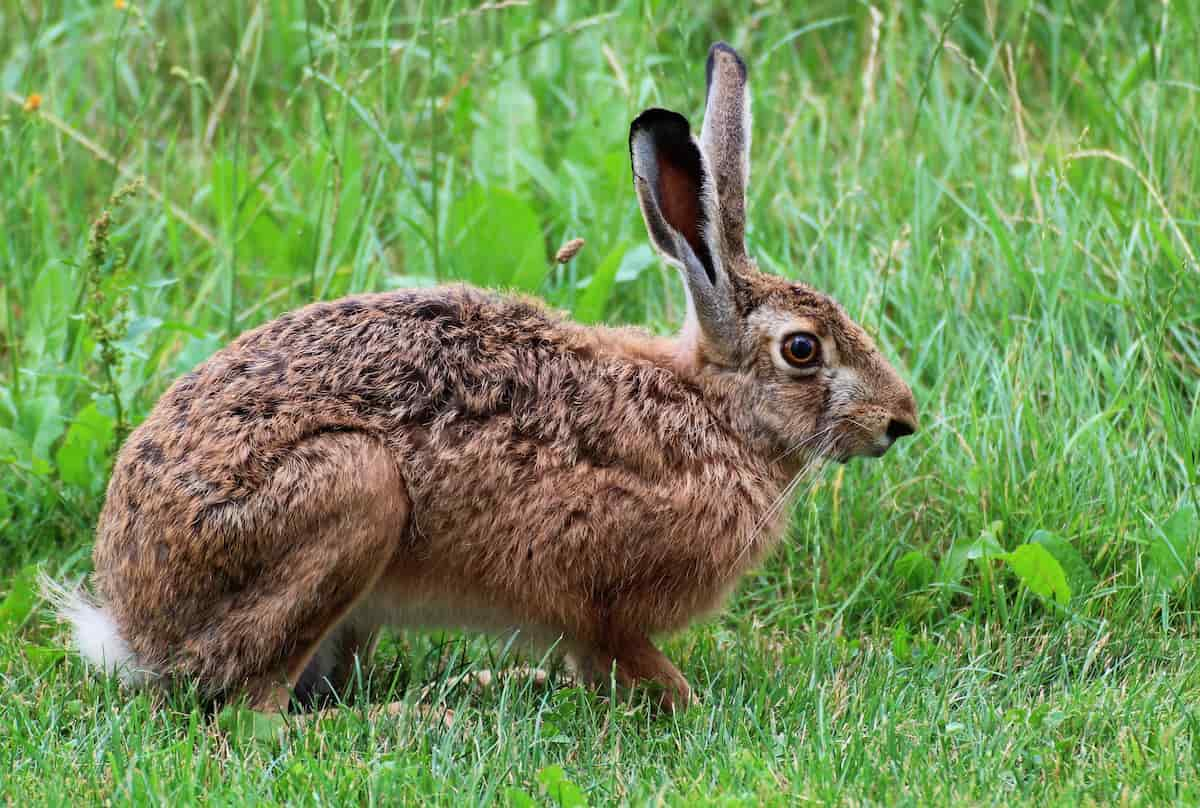
Keeping your rabbits healthy and safe
- Keeping your rabbits healthy and safe is essential for a successful rabbit farming operation.
- Feed them a balanced diet that includes hay, fresh fruits and vegetables, and a small number of pellets.
- Clean their enclosures regularly to remove any potential sources of infection.
- Vaccinate your rabbits against diseases like Newcastle, Mycoplasma, and Ehrlichiosis.
Requirements for Rabbit farming in South Africa
If you’re interested in getting involved in this growing industry, you should keep a few things in mind. First and foremost, ensure you have the appropriate infrastructure to support rabbit farming (ventilation systems, for example), and be prepared to invest time and money into its development. Also, be aware of the health risks associated with raising rabbits (poisonous plants and animals, for example) and take steps to minimize them as much as possible.
Another requirement for beginning rabbit farming in South Africa is land. A farm that plans to raise rabbits must have at least 3 hectares (7 acres) of land for every 10,000 rabbits being raised. Additionally, the land must be flat and have good soil fertility. The next requirement for beginning rabbit farming in South Africa is fencing. Rabbit farms require fencing to keep the animals from escaping and to protect them from predators. The fence should be at least 1 kilometer (0.6 miles) long and have a wire mesh fence bottom and top railings.
Care and management of Rabbit farm in South Africa
A rabbit farmer in South Africa has tips on feeding and housing your rabbits properly. Firstly, feed them a balanced diet of fresh vegetables, hay, and pellets. Next, give them fresh water and a sheltered area to play in.
Keep your rabbits clean
Ensure their cages and hutches are regularly cleaned to prevent disease transmission. Remove any manure or droppings from the area immediately.
Vaccinate your rabbits against common diseases
Many rabbit diseases can be prevented with regular vaccination doses. Consult with your local veterinarian about which vaccines are safe for your rabbits and effective against the specific diseases they may be prone to contracting.
Keep an eye out for signs of disease
If you see any signs of illness in your rabbits, such as coughing, sneezing, diarrhea, or blood in the stools, take them to a vet as soon as possible. To keep rabbits healthy and happy, there are a few things that you need to know. The first thing is to provide them with a clean-living space. They need access to fresh water, hay, and an area where they can hide and play.
Make sure the space is clean, free from bugs, and has a temperature that is comfortable for rabbits. Another important consideration when it comes to rabbit care is their diet. Ensure their food is nutritionally balanced and includes plenty of hay, fresh vegetables, and pellets. Rabbits should not have too much meat or fat in their diet since this can lead to health problems.
In case you missed it: How to Start Fish Farming in South Africa: Key Rules, Business Plan, Cost, Profit, and Management
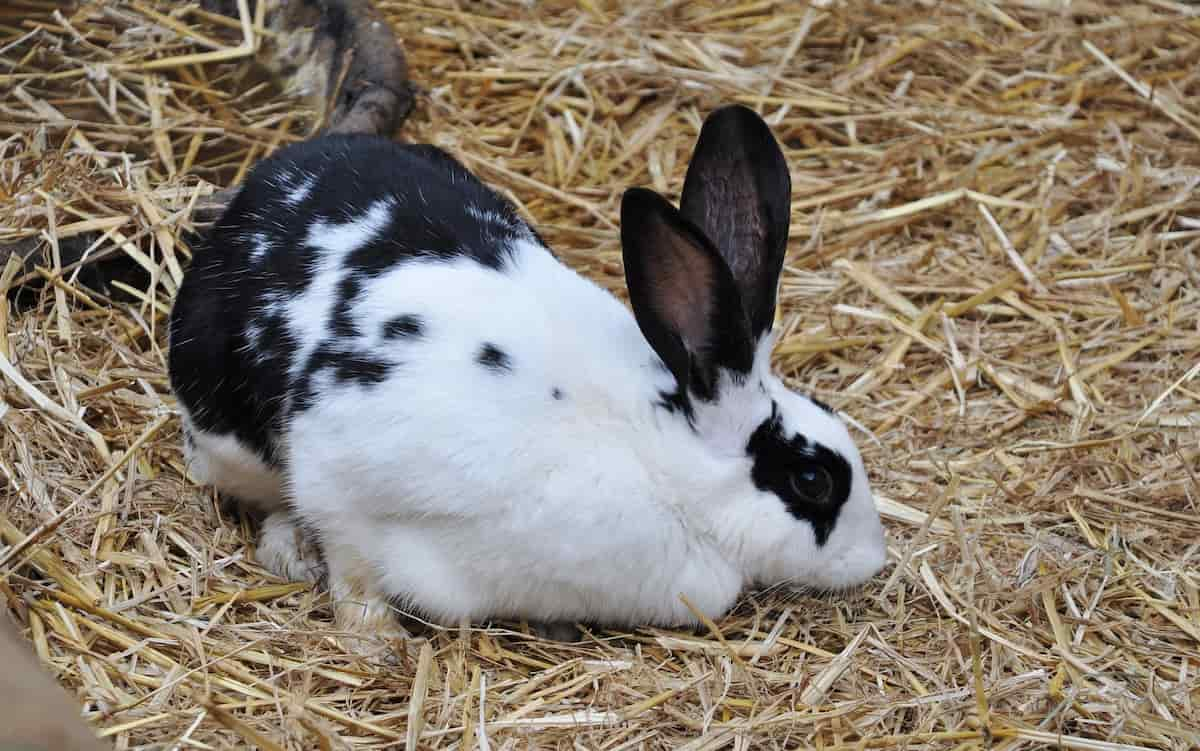
Rabbit production methods in South Africa
- Cage production is more common than open-field production because it is a more efficient use of resources. Cages can be arranged in several different ways so that they can best accommodate the needs of the producers. Cage raising allows farmers to produce large numbers of rabbits at a low cost, which makes it an ideal choice for small-scale producers who need to sell their products quickly. Cage raising also has the advantage of rotating crops with rabbit feed, which helps keep the land healthy and productive.
- Open field production involves allowing the rabbits to free range on pasture land. This method is less efficient than cage production because it requires more land to produce equal meat or fur.
- Free-range farming is becoming more popular in South Africa thanks to its environmental benefits. Free-range animals spend their entire lives outdoors, so they eat natural foods and spend more time on activity than animals confined inside pens. This farming also reduces animal diseases that can spread throughout a farm since free-range animals don’t have access to contaminated water or surfaces.
Rabbit farming loans and subsidies in South Africa
Rabbit farming in South Africa is a popular and lucrative agricultural activity. The country has a long history of rabbit farming, and several government agencies regulate the industry. Several loans and subsidies are available to help farmers start this production. One of the most important considerations for potential rabbit farmers is the availability of land. This is because rabbits need extensive space to run and breed. To find land suitable for this type of production, it is important to talk to local farms and agricultural organizations.
They can provide valuable information about available areas and the costs associated with these properties. There are also several government loans available for rabbit farms. The Department of Rural Development, Land Reform, and Rural Community Development typically give out these loans. The repayment term for these loans can range from five to thirty years, and the interest rate on these loans tends to be lower than commercial loans.
However, certain conditions must be met to qualify for these loans, such as having good credit history and being able to bear high-interest rates. There are also several subsidies available for rabbit farmers. These subsidies come from grants or rebates that different government agencies provide. The most common subsidies offered to Rabbit farmers are direct payments directly to producers or through their farm management companies. These payments are designed to help offset some of the costs of running a rabbit.
In case you missed it: How to Start Goat Farming in South Africa: Business Plan, Breeds, Cost, Profit, and Management
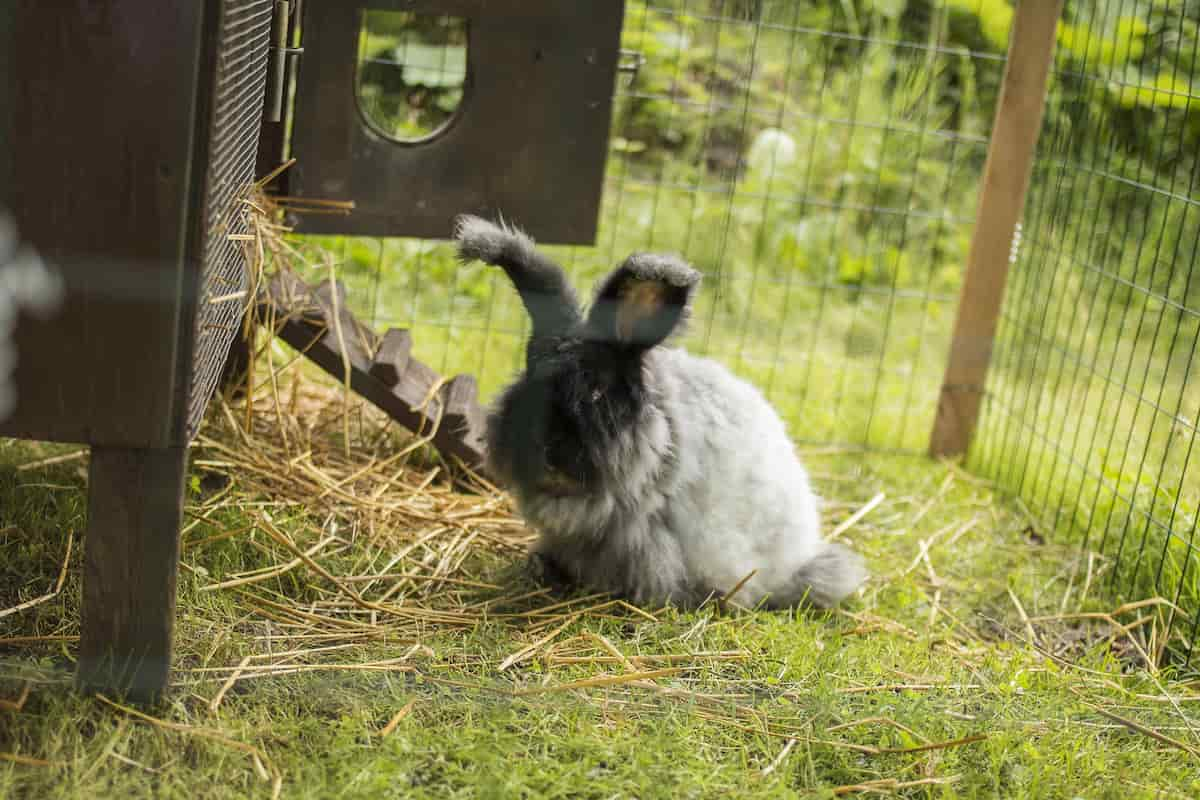
Rabbit farming states in South Africa
There are many rabbit farming areas and states in South Africa. These include the Western Cape, Gauteng, Eastern Cape, Limpopo, North West, and KwaZulu-Natal. The Western Cape is the most agriculturally productive region in the country, while KwaZulu-Natal has the highest density of rabbit farms. There are also several private rabbit farming companies in these provinces.
Rabbit farming problems in South Africa
There are many problems with rabbit farming in South Africa. These include that rabbits do not come down from the highlands to feed in the lowland areas where they are raised, meaning that they often starve; rabbits can also transmit diseases to other animals, including humans; rabbit farming is environmentally unsustainable.
What to consider before starting rabbit farming in South Africa?
There are several tips to consider before starting rabbit farming in South Africa. For example, one needs to ascertain whether it is economically viable to farm rabbits and whether enough land is available. Furthermore, some necessary regulations must be followed, such as registering with the Agricultural Department and having a license. Additionally, one must ensure they have the correct cages and equipment for their rabbits if they want to raise them commercially.
Feed management for rabbit farming in South Africa
Successful Bunny farming in South Africa requires proper feed management. A nutritious diet is essential for a healthy bunny. Commercial feeds are also available on the market, which can be specially formulated for rabbits or composed of plantains, maize, soybean meal, hay, fresh vegetables, and fruits. However, some rabbits prefer to forage for their food and eat various plants and other small animals, including insects.
To provide a varied diet for your bunny, it is important to keep a close eye on what they are eating and ensure that all the foods you give them are safe and healthy. If you notice your bunny is not eating or seems sick, take them to the vet immediately.
In case you missed it: Hydroponic Farming in South Africa: How to Start, Crops, and Cultivation Practices
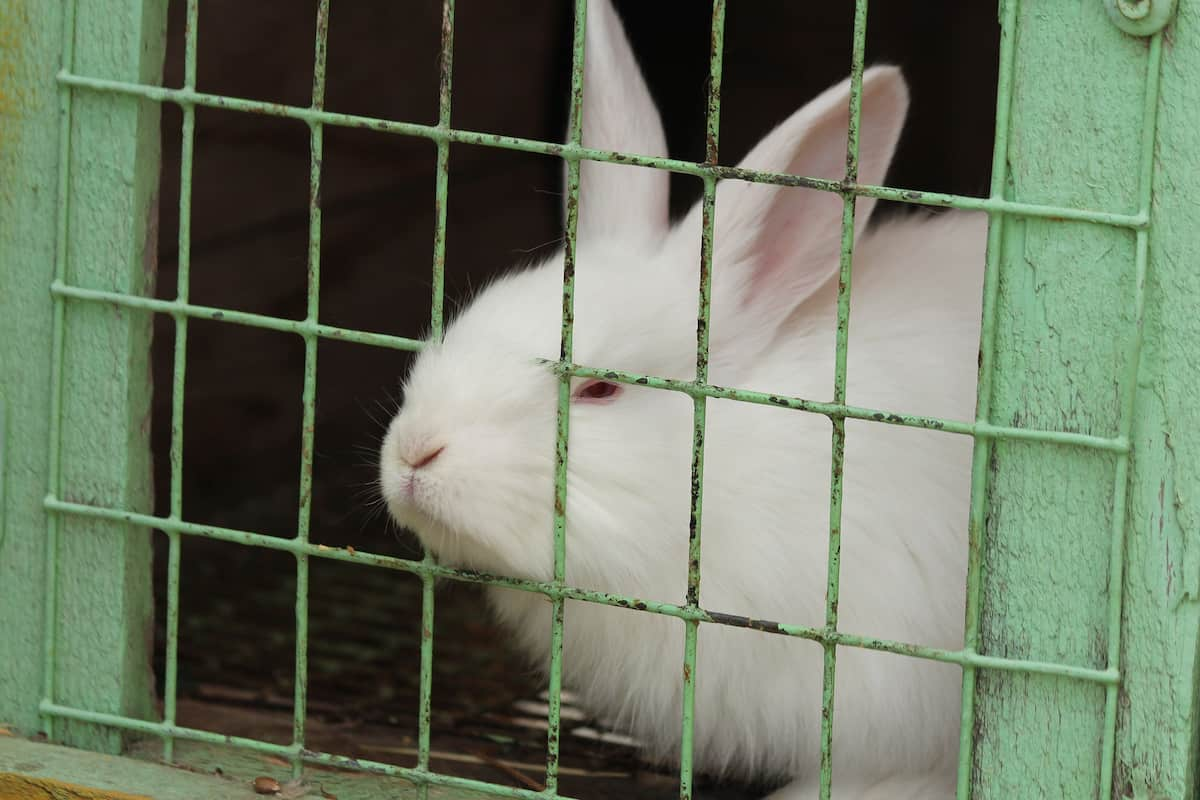
Cost of starting rabbit farming in South Africa
In South Africa, rabbit farming is a popular way to produce meat and fur. It is also profitable, as rabbits are relatively easy to care for. However, the cost of starting a rabbit farm in South Africa depends on the size of the farm and the type of rabbits being raised. A rabbit farm set up in South Africa can cost between R4000 and R80000, depending on the size of the farm and the type of rabbits being raised. Housing for the rabbits, feed, water, fencing, and other necessary equipment can cost more.
Free-range rabbit farming in South Africa
Free-range rabbit farming in South Africa is a popular and profitable enterprise. The country has a rich agricultural history, and many farms specialize in raising rabbits. As a result, the climate is perfect for this type of farming, and the rabbits have plenty of room to run and play. The rabbits are raised on pasture and given food and water.
They are also allowed to roam around the farm, giving them plenty of opportunity to eat different vegetation types. In addition, the droppings from the rabbits are used as fertilizers on the farmland. Rabbits are easy to care for and produce large numbers of healthy offspring. They can be sold fresh or frozen and make excellent pets.
Common breeds of Rabbit in South Africa
| New Zealand Whites | Angora |
| Californians | Chinchilla Gigantas |
| Silver Fox | Cinnamons |
| Beige | Satin |
| Rex |
Several rare rabbit breeds are also available in South Africa, including the Sealyhams (a type of Sussex Rex) and the Netherland Dwarf.
Rabbit farming challenges in South Africa
some challenges need to be addressed before rabbit farming can become an established industry in South Africa. One such challenge is the high feed cost – currently, it is one of the biggest expenses associated with keeping rabbits as pets or livestock animals. Another challenge is ensuring that rabbit farmers have access to enough land to raise rabbits. Currently, much of South Africa’s land remains unsuitable for raising other types of livestock because it is either too dry or wet.
In case you missed it: Greenhouse Farming in South Africa: How to Start, Crops, and Cultivation Practices
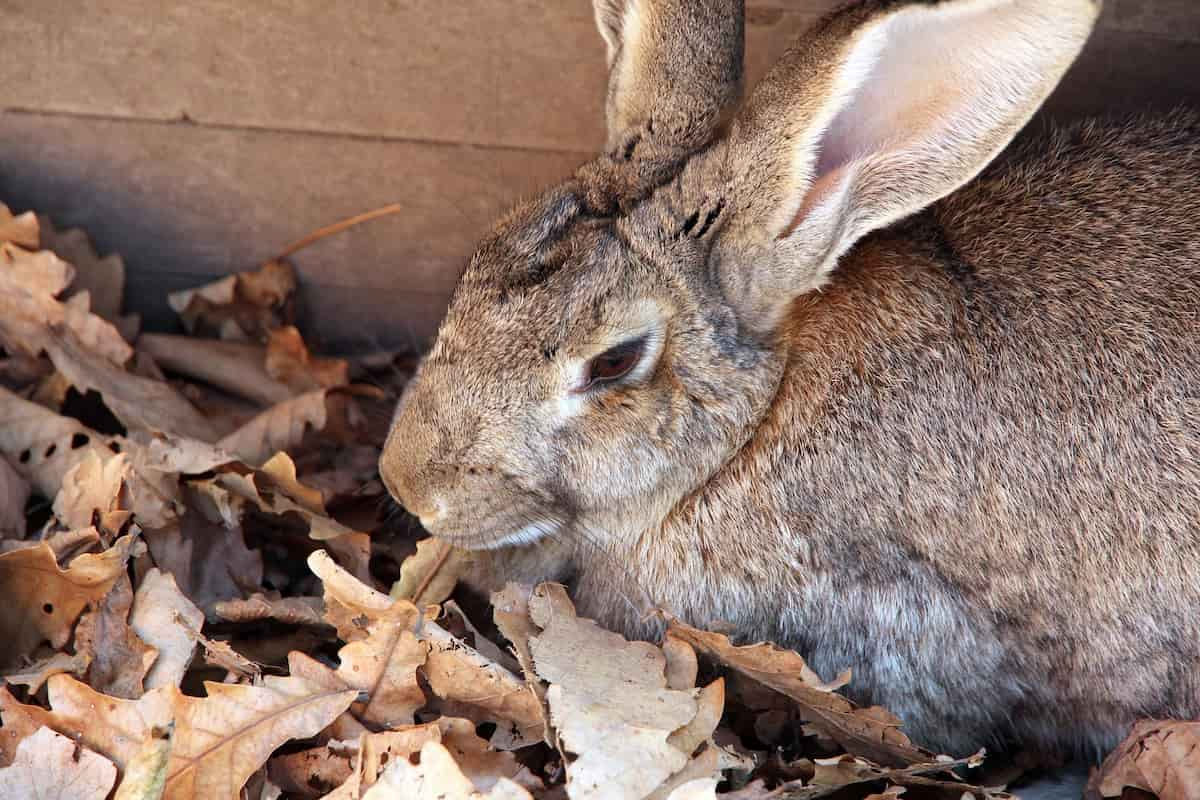
Availability of land
One of the main constraints facing rabbit farming in SA is the availability of land suitable for rabbit production. This is partly because rabbits require large expanses of open space to roam and burrow and access fresh water and natural vegetation. To overcome this limitation, Rabbit Farming SA will need to develop partnerships with farmers willing to lease their land in exchange for a share in profits.
Cost of feed
Another challenge that Rabbit Farming SA will face is the high feed cost necessary for raising rabbits on a commercial scale. Because rabbits require high-quality hay, grains, and other feeds specifically designed for their dietary needs. SA may tap into local manufacturing sectors capable of producing these specialized feeds at lower prices to reduce feed costs.
Disease control
One major challenge faced by any rabbit farmer is controlling disease outbreaks within their herds.
Conclusion
Rabbit farming has become a major industry in South Africa, with production now accounting for over 90% of the market. The country is now one of the world’s leading rabbit meat producers, and there is a growing demand for this product worldwide. Rabbit farming has become a major industry here, and the country is now one of the world’s leading rabbit meat producers. The demand for rabbit meat is high due to its versatility and low price tag. In addition, it can be used in both culinary and medicinal applications.
- Types of Pesticides Used in Agriculture: A Beginner’s Guide
- Economical Aquaculture: A Guide to Low-Budget Fish Farming
- 15 Common Planting Errors That Can Doom Your Fruit Trees
- How to Make Houseplants Bushy: Effective Tips and Ideas
- Innovative Strategies for Boosting Coconut Pollination and Yield
- Pollination Strategies for Maximum Pumpkin Yield
- The Complete Guide to Chicken Fattening: Strategies for Maximum Growth
- Natural Solutions for Tulip Problems: 100% Effective Remedies for Leaf and Bulb-Related Issues
- Revolutionizing Citrus Preservation: Towards a Healthier, Greener Future
- Natural Solutions for Peony Leaf and Flower Problems: 100% Effective Remedies
- Maximizing Profits with Avocado Contract Farming in India: A Comprehensive Guide
- Natural Solutions for Hydrangea Problems: 100% Effective Remedies for Leaf and Flowers
- The Ultimate Guide to Choosing the Perfect Foliage Friend: Bringing Life Indoors
- From Sunlight to Sustainability: 15 Ways to Use Solar Technology in Agriculture
- The Ultimate Guide to Dong Tao Chicken: Exploring from History to Raising
- The Eco-Friendly Makeover: How to Convert Your Unused Swimming Pool into a Fish Pond
- Mastering the Art of Delaware Chicken Farming: Essentials for Healthy Backyard Flocks
- 20 Best Homemade Fertilizers for Money Plant: DIY Recipes and Application Methods
- How to Craft a Comprehensive Free-Range Chicken Farming Business Plan
- Brighten Your Flock: Raising Easter Egger Chickens for Beauty and Bounty
- How to Optimize Your Poultry Egg Farm Business Plan with These Strategies
- Subsidy for Spirulina Cultivation: How Indian Government Schemes Encouraging Spirulina Farmers
- Ultimate Guide to Raising Dominique Chickens: Breeding, Feeding, Egg-Production, and Care
- Mastering the Art of Raising Jersey Giant Chickens: Care, Feeding, and More
- Ultimate Guide to Raising Legbar Chickens: Breeding, Farming Practices, Diet, Egg-Production
- How to Raise Welsummer Chickens: A Comprehensive Guide for Beginners
- How to Protect Indoor Plants in Winter: A Comprehensive Guide
- Ultimate Guide to Grow Bag Gardening: Tips, Tricks, and Planting Ideas for Urban Gardeners
- Guide to Lotus Cultivation: How to Propagate, Plant, Grow, Care, Cost, and Profit
- Agriculture Drone Subsidy Scheme: Government Kisan Subsidy, License, and How to Apply Online
- Ultimate Guide to Raising Araucana Chickens: Breed Profile, Farming Economics, Diet, and Care
- Bringing Hydroponics to Classroom: Importance, Benefits of Learning for School Students
- Ultimate Guide to Raising Polish Chickens: Breed Profile, Farming Economics, Diet, and Care
- Ultimate Guide to Raising Australorp Chickens: Profile, Farming Economics, Egg Production, Diet, and Care
- Silkie Chicken Farming: Raising Practices, Varieties, Egg Production, Diet, and Care
- Sussex Chicken Farming: Raising Practices, Varieties, Egg Production, Diet and Care